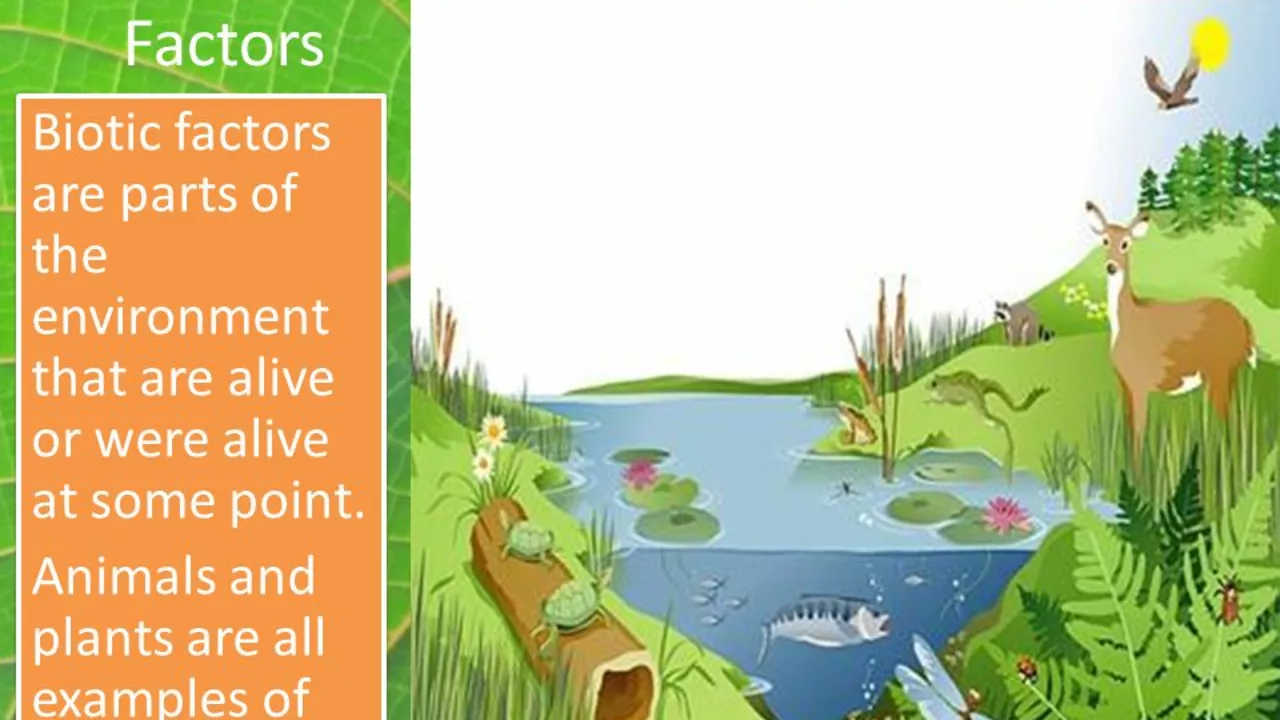Understanding Abiotic Factors
Before we delve into the deep blue ocean and its intricate relationships, let's first understand what we mean by 'abiotic factors'. Abiotic factors are essentially the non-living parts of an environment that influence the living organisms within it. This includes aspects such as temperature, light, water, air, soil, and more. In the context of the ocean, these factors play a significant role in shaping the marine ecosystem. They not only affect the distribution and types of marine life but also their behavior and survival.
The Impact of Temperature
Just like on land, temperature in the ocean is a major abiotic factor influencing the life within. Different species of marine life have adapted to survive in specific temperature ranges. For instance, cold-water corals thrive in temperatures ranging from 4°C to 12°C, while tropical marine life requires warmer waters. Temperature changes, even slight ones, can disrupt marine ecosystems, affecting reproduction, migration patterns, and even survival of some species.
Light Penetration and Its Effects
Light penetration is another crucial abiotic factor in the ocean. It determines the photosynthetic activity of marine plants and algae, which form the base of the marine food chain. The depth to which light penetrates impacts the distribution of life in the ocean. The upper layer of the ocean where light penetrates sufficiently for photosynthesis to occur is teeming with life, while the deep ocean regions, devoid of light, are inhabited by specially adapted creatures.
Role of Salinity
Salinity, or the concentration of salt in water, is a defining characteristic of the ocean. Salinity affects the buoyancy of marine organisms and determines the types of species that can live in certain areas. Some species are adapted to high salinity environments, while others thrive in regions where freshwater and saltwater mix, like estuaries. Changes in salinity, often due to human activities like excessive freshwater drainage, can create inhospitable conditions for marine life.
Pressure and Its Influence
Pressure is an abiotic factor that dramatically increases with depth in the ocean. Many deep-sea creatures have evolved unique physical structures to withstand this immense pressure. For instance, they often lack air-filled spaces like swim bladders that could easily collapse under pressure. Changes in pressure can impact these species, making them vulnerable to injury or death if they venture to different depths.
Ocean Currents and Marine Life
Last but not least, ocean currents, which are the continuous movement of ocean water from one direction to another, influence marine life in numerous ways. Currents distribute nutrients, transport small and young creatures, and guide migratory patterns of many species. They also affect water temperature and salinity, making them a critical abiotic factor to consider when studying marine ecosystems.
In conclusion, the abiotic factors of the ocean play a crucial role in shaping the marine ecosystem. They affect the distribution, behavior, and survival of marine species. Understanding these factors is essential to conserve and protect our oceans, especially in the face of climate change and human-induced disturbances.

